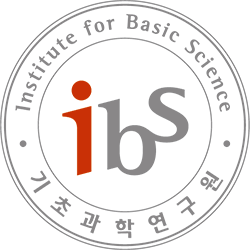Rose McCarty, Vertex-minors and flooding immersions
Zoom ID: 869 4632 6610 (ibsdimag)An immersion of a graph H into a graph G sends edges of H into edge-disjoint trails of G. We say the immersion is flooding if every edge of G is in one of the trails. Flooding immersions are interesting for Eulerian group-labelled graphs; in this context they behave quite differently from regular immersions. Moreover, …

